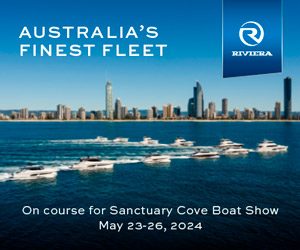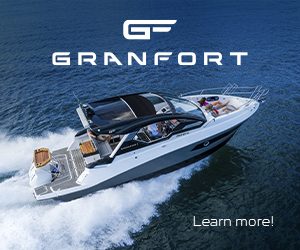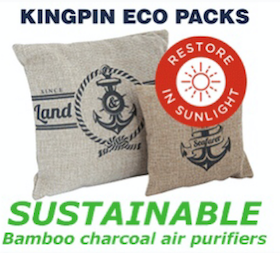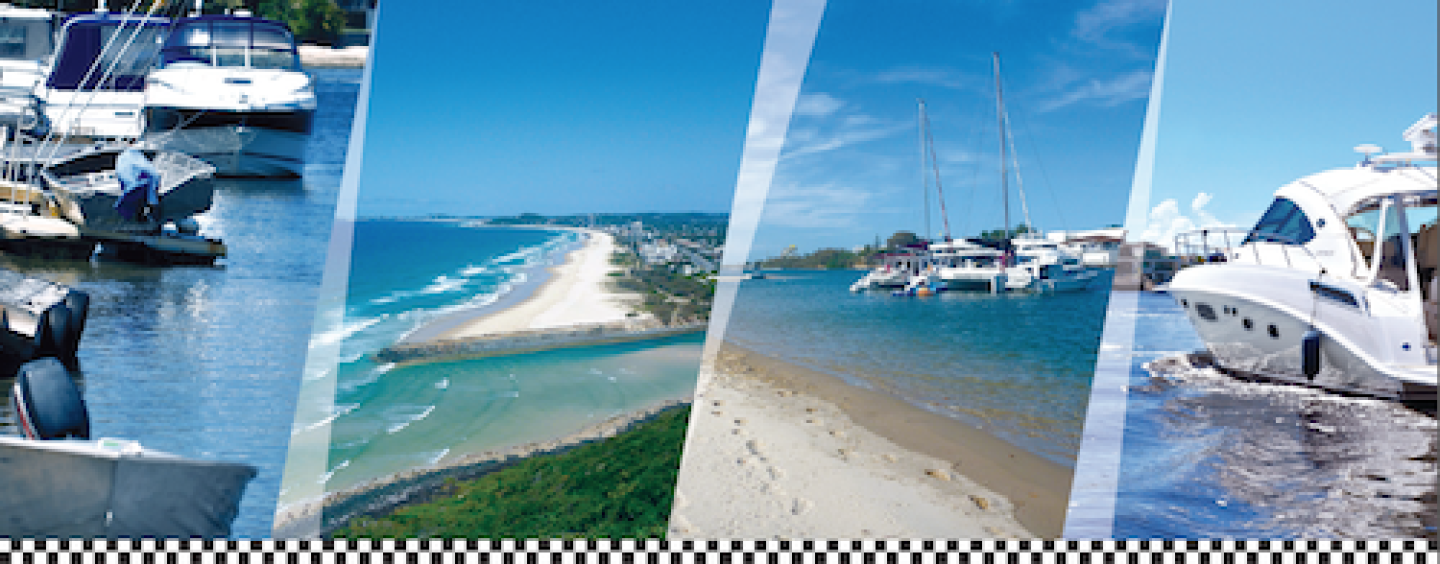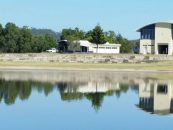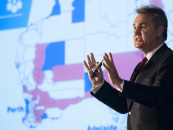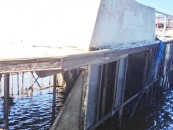As lively channels of exquisite beauty and leisure are a significant contributor to the local economy, the Gold Coast waterways must be protected and maintained so that they may continue to enrich the lives of residents and visitors. With more than 260 kilometres of navigable inland waters around the city, the management and protection of the waterways have huge coverage that it can be confusing as to which offices are actually responsible for the various aspects of the waterways.
In this article, we summarise what five of the locally-operating offices are responsible for and what problems the particular office can address. This is by no means an exhaustive review nor an extensive analysis of the overall management of the Gold Coast waterways, but it can be a start of our basic understanding of how the use of our waterways are being regulated.
Gold Coast City Council (GCCC)
The GCCC is one of the main offices responsible to maintain the health of the waterways on the Gold Coast, including ocean beaches, rivers, lakes, creeks, canals and the Broadwater. The Gold Coast local government area covers 1,379 km2 of Southeast Queensland, extending east to South Stradbroke Island and part of Moreton Bay, west to the hinterland near Tamborine Mountain, and from south of Beenleigh to Coolangatta.
The city’s Catchment Management Unit (CMU) undertakes research and development programs to examine processes that sustain the natural system and their functions in the total water cycle, and how changes in natural and human environments can cause negative impacts on them. These programs include innovative environmental education and management, monitoring of water quality, ecosystem health, aquatic flora and fauna, among many others.
The GCCC carries out maintenance to improve the coastal environment by controlling weeds and algae, run revegetation and rehabilitation projects. It is also responsible for the construction of numerous facilities on the waterways, such as fishing and viewing platforms, and boat ramps.
Gold Coast Waterways Authority (GCWA)
The GCWA is a body dedicated to facilitate and manage the development and use of the waterways, and is accountable to the Department of Transport and Main Roads. The GCWA is responsible for the management of the inland waterways including rivers, canals, lakes and dams within the City of Gold Coast local government area, as well as the areas at the mouth of the Nerang River, Currumbin Creek and Tallebudgera Creek.
The main purpose of the Gold Coast Waterways Authority Act of 2012, creating GCWA, is to deliver the best possible management of the waterways at reasonable cost to the community and government, while keeping government regulation to a minimum. GCWA’s functions include navigational access improvement and maintenance, and promotion and management of the sustainable use of the Gold Coast waterways for marine industries, tourism and recreation. The office has developed a ten-year strategy that will guide the use, management and development of the waterways.
GCWA has the power to issue a waterways notice for the following purposes: maintaining or improving the effective and efficient management of the Gold Coast waterways; maintaining fair and reasonable access to public marine facilities for users of the Gold Coast waterways (such as city boat ramps); and moving or mooring watercraft, or controlling activities on or by watercraft, in Gold Coast waters.
It is important to note that buoy moorings on Gold Coast waters are the responsibility of the GCWA. Further, the GCWA is responsible for all boating infrastructure works and dredging in all Gold Coast waterways, and the operation of the Gold Coast Seaway.
Maritime Safety Queensland (MSQ)
MSQ is a government branch of the Department of Transport and Main Roads. Operating under the Maritime Safety Queensland Act 2002, its role is to protect Queensland waterways and the people who use them. The Department of Transport and Main Roads provides boaties with access to waterways by delivering recreational boating infrastructure in conjunction with local government, port authorities and private developers.
MSQ works with the Department of Environment and Heritage Protection and local government authorities to protect the marine environment and prosecute offenders. Reports of marine pollution incidents should be made to the local MSQ office.
MSQ also circulates marine safety information to mariners, organisations and other interested parties with regard to: Navigation Warnings and Hazards (including depths), Changes to the Uniform Buoyage System, Maps of the Local Waters, among others.
Queensland Boating and Fisheries Patrol (QBFP)
The QBFP enforces fisheries and boating safety laws through surveillance and inspection across the waterways. The QBFP’s role is to ensure that Gold Coast boaties comply with both the Fisheries Act 1994 and the Transport Operations (Marine Safety) Act 1994 (TOMSA). The Fisheries Act provides for the use, preservation and enhancement of the community’s fisheries resources and fish habitats, and to help prevent shark attacks on humans in coastal waters. The TOMSA imposes general safety obligations on all boat owners and operators.
In order to fulfill their duty, QBFP inspectors have the power to search and inspect a boat without a warrant. Harsh monetary penalties apply to those who attempt to obstruct the QBFP officers in the course of their inspection. It must be noted that a boat on a trailer is still considered a boat for purposes of an inspection. Inspectors are also authorised to issue marine infringement notices (on-the-spot fines) for speed limit and other marine safety and pollution violations.
Water Police (Gold Coast)
Gold Coast Water Police is another marine enforcement body. They are primarily responsible for coordinating with other agencies to ensure the safety of all waterway users, enforcing laws relating to water traffic, and preventing crime on vessels. The water police are also authorized to issue marine infringement notices (on-the-spot fines) for speed limit and other marine safety and pollution violations.
Common offences the Gold Coast Water Police will be looking out for on the waterways include speeding in six (6)-knot zones and residential canal areas, erratic free-styling manoeuvres, and operating a boat while over the legal alcohol consumption limit.
Coordination and Compliance
While the use of the Gold Coast waterways is free and accessible to the public, the role of regulating, maintaining and protecting our waters is imposed on various offices. These offices should work in coordination with each other, and other state and federal agencies. However, the sustainable use and development of our rivers, canals, lakes and catchment areas are not only the responsibility of our government—it is equally ours as well. Despite the confusion with different rules and official roles, it is still our duty to keep our waterways clean and safe for everyone to use and appreciate.
It is important that everyone using the waterways understands and cooperates with the various government authorities that control and manage the Gold Coast waterways. Queensland legislation provides that ignorance of the law is no excuse–boaties and non-boaties alike should know the laws.
Who to contact:
| Maritime Safety Queensland | Marine safety and marine pollution complaints | 5585 1810 (After hours: 5539 7373) |
| Queensland Boating and Fisheries Patrol | Marine safety and fisheries complaints; speed limit violations | 5583 5500 |
| Water Police | Search and rescue, on-water criminal matters and marine safety complaints; speed limit violations | 5591 1066 |
| Gold Coast Waterways Authority | Problems with buoy moorings on Gold Coast waters and boating infrastructure at the Seaway; reports of abandoned and contravening watercraft | 5539 7350 |
| Gold Coast City Council | Non-compliance with bathing reserve local laws – inform your nearest lifeguard or call council’s response services team; other waterways concerns | 5582 8211 |
Compiled by Patrick Molnar and Kyle Turner


